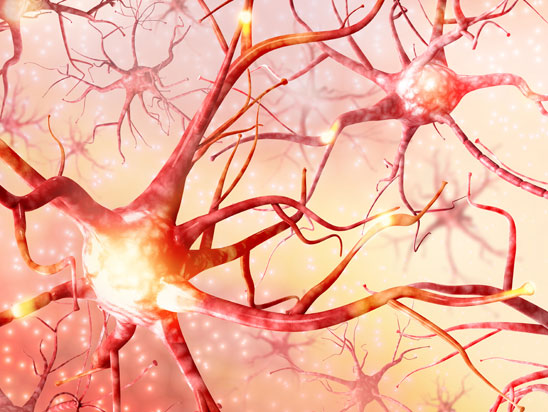Description
Approximately 15–20% of people aged 65 and older have mild cognitive impairment. In some cases, this can develop into dementia, which has a devastating impact not only on the person affected but also their loved ones.
Chronic inflammation is believed to be the root cause of many diseases that happen later in life, and some studies have shown that inflammation in midlife may also contribute to the development of dementia.
C-reactive protein (CRP) is a substance your liver makes in response to inflammation, and it’s one of the key inflammatory markers we test to see if your body is inflamed.
Homocysteine is another major inflammatory marker that’s associated with heart disease and stroke, as well as dementia.
While it’s still not entirely clear what role homocysteine plays in the development of dementia, one study found people with high homocysteine levels had nearly double the risk of developing Alzheimer’s disease – the most common form of dementia.
We all know that a nutritious diet is important for good health, and this is especially true when it comes to your brain health.
But even if you have an extremely ‘clean’ or healthy diet, chances are there may be some essential nutrients you’re missing – especially as you age.
That’s because as we get older, our bodies are less able to make and absorb these key nutrients.
Studies have shown that older people who don’t get enough vitamin D have a much higher risk of developing dementia.
Deficiencies in Vitamin B12 and folate can contribute to high homocysteine levels, so increasing these essential nutrients in your diet or via supplements may help reduce this harmful type of inflammation.
There’s growing evidence that having type 2 diabetes may increase the risk of developing Alzheimer’s and other dementias.
One of the best ways to check if you’re at risk of developing type 2 diabetes – and therefore at greater risk of developing dementia – is to check for insulin resistance – a problem that’s estimated to affect about one in three Americans.
The American Diabetes Association estimates that up to half of those with insulin resistance will develop type 2 diabetes if they don’t make lifestyle changes.
A hemoglobin A1c test can also be a good way to check if you have, or are at risk of having, a prediabetic or diabetic condition.
There are a number of metals naturally found in our bodies that are essential for our brains and bodies to function correctly, including zinc, copper and iron.
However, excess levels of these metals can be dangerous for our health, and there is some evidence that overexposure to copper through supplements, drinking water and foods may contribute to the development of Alzheimer’s.
Mercury poisoning is a serious condition that can have significant neurological effects. If you eat a lot of fish or have old dental work, it’s worthwhile getting your mercury levels tested.
Lead is another heavy metal to watch out for. Exposure to lead – typically through old paint and corroded lead pipes – can cause serious health problems, including symptoms of dementia.

